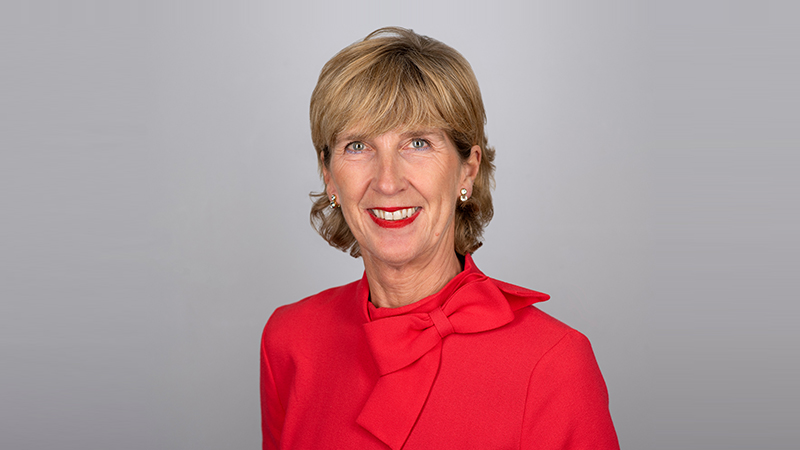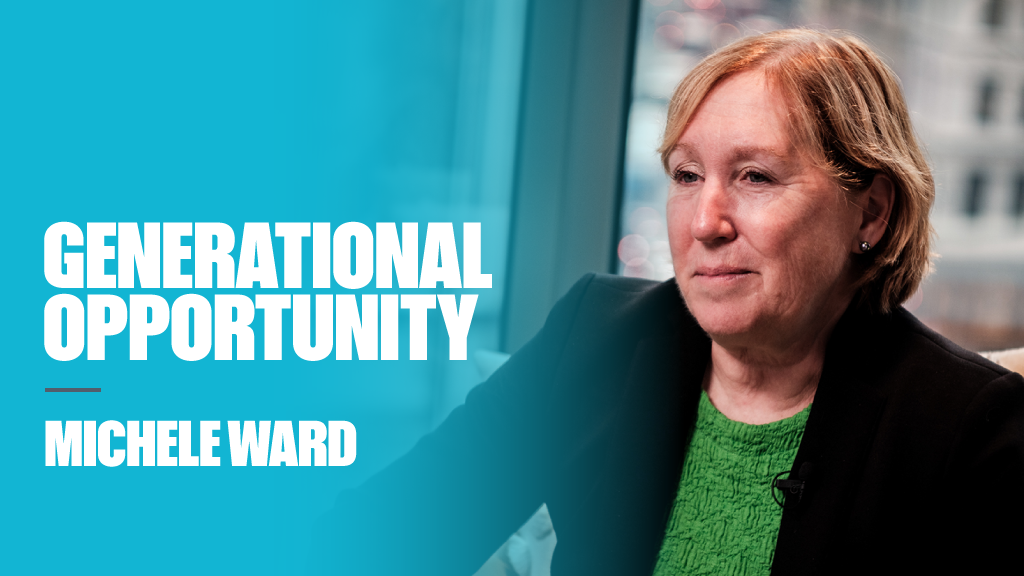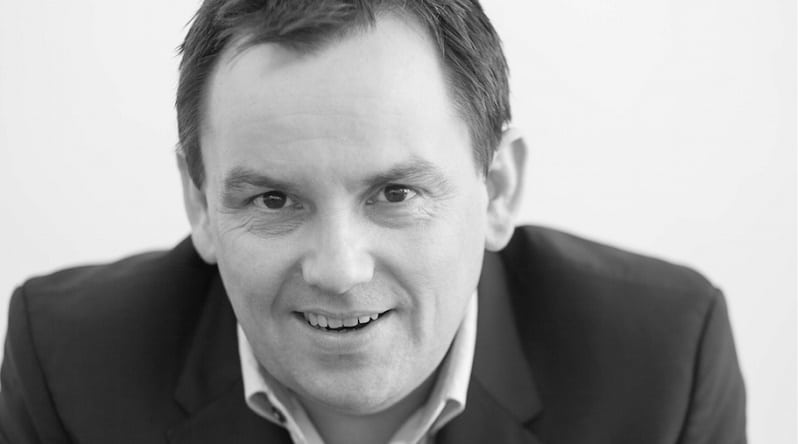Speaking to Portfolio Adviser, Ferguson said under Mifid II asset managers must finally offer the same level of transparency as IFAs and platforms have been required to do since the RDR reforms came fully into force.
He said DFMs are set to come under pressure on costs now that advisers will be able to fully separate out the costs of portfolio construction from the underlying fund charges.
He said: “We used to have this discussion about AMCs, then TERs, then OCFs. It has been a complicated journey. In a year’s time, I think we will have decided that an all-out fee will be the answer. We will have got away from this herding of pricing.
“Although everyone had herded to 0.75% AMC, the more you are forced to disclose your other charges, it does break that notion that all funds cost the same. It is a slightly blunt instrument but when we see that this fund has a cost of 0.3% and this of 0.8%, then we can begin to have a conversation about performance in the light of that charge. It is a positive thing.”
Ferguson believes that while there may be some anomalies in the figures to date, the general picture is just about correct.
“There are obviously some dramatic numbers kicking around, which is what you would expect,” he added. “Some may be too high or too low because of the methodology being used, but when it settles down and once everyone has got their sums right, I expect the situation will be broadly as disclosed now. If anyone really felt that the numbers were widely wrong consistently across the market, we would have had a different conversation in the run up to the regulations coming into force.”
He added: “Advisers and platforms either chose to or had to become highly transparent in fees in the run up to the RDR, so it doesn’t feel unreasonable that the fund management industry should be exposed to the same disclosure.”
Sensible debate
Ferguson said it could also lead to a more sensible debate on whether high portfolio turnover is a good or bad thing, or even a good or a bad thing for a fund at different periods.
“I don’t think people should be really bothered if a fund has huge transaction costs if it delivers on performance. But if charges are at these levels, it underlines why it is so hard to outperform.
“In addition, anything that discloses higher fees, ends up making platforms and advisers look better value for money than they did before. If we knew a passive was available at 30bps on a platform but now we know it costs 25bps, we will get a value for money recalibration.”
DFMs and fund rating firms may also come under increasing scrutiny, he added.
“It will put more pressure on DFM models, where they are charging 30bps for assembling portfolios. That is quite an expensive chunk of cost put into the chain. It is looking quite toppy. It moves fund rating agencies into the spotlight as well. Arguably they should have been helping disclose these costs already. None of these costs are new costs.”












